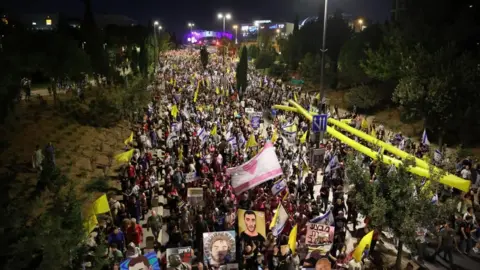In the heart of Port-au-Prince, a city gripped by gangs, a 19-year-old named Helene embodies resilience as she raises her baby daughter, refusing to succumb to the pressures of abortion following her traumatic experiences. Helene was just 17 when she was abducted by armed men during a gang invasion of her neighborhood. Over the course of two months, she endured daily violence and abuse, ultimately becoming pregnant as a result of her torment.
“They kept telling me I must abort the pregnancy, but I said ‘no’. This baby could be the only one I ever have,” Helene shares, her determination shining through the pain of her past. Now, she finds solace in a safe house designed for young women and girls who have survived sexual violence, a sanctuary filled with color yet shadowed by the harsh realities of their experiences.
The safe house shelters at least 30 youths, with Helene as its oldest survivor. The youngest resident is just 12 years old, a haunting testament to the prevalence of sexual violence that has surged in Haiti as gangs fortify their control of approximately 90% of the city. Since the assassination of President Jovenel Moïse in 2021, the country has spiraled into a multifaceted crisis, marked by rampant gang attacks that instill fear among the population.
Medical charity Médecins Sans Frontières (MSF) reports a shocking increase in patients seeking treatment for sexual assault, nearly tripling since 2021. The pervasive brutality of gang rapes has become a weapon of terror, with multiple aggressors often attacking women and children in their homes. “Survivors speak of horrifying incidents involving numerous attackers,” notes Diana Manilla Arroyo, MSF's head of mission in Haiti.
Haiti's plight is exacerbated by the absence of an elected government, leaving a transitional leadership unable to grapple with the growing violence. In a grim reflection of the situation, recent UN reports indicate that over 1.3 million people have been displaced, with both gang violence and food insecurity spiraling out of control. Amid the chaos, vigilante groups have emerged, taking security into their own hands while the threat of violence looms large.
In a society where women are disproportionately affected by the ongoing turmoil, many face the compounded grief of displacement and trauma. Lola Castro, regional director of the UN's World Food Programme, has stated that Port-au-Prince is "the worst place in the world to be a woman," shedding light on the dire circumstances they navigate.
Despite the shadows of her past, Helene dreams of a better future for herself and her daughter. She reflects on her aspirations for education and the hope of a life beyond survival. “I always dreamt of going to school, to learn and to make something of myself. I always knew I’d have children, just not this young,” she expresses, underscoring the strength and determination that defines her experience in the midst of Haiti's ongoing struggles.


















